|










|
|
The Outlaw and the King

In Search of Yiddishkeit
 |
All in all, I came away from the evening with Mark Zuckerman
with three things... First, the pleasure of hearing beautiful music
beautifully performed... Second, learning about Mark’s journey, and the role
that not just Judaism, but specifically Yiddishkeit, that amalgam of
religion, language and culture that formed the matrix of the Eastern
European Jewish world for centuries, played in his personal and musical
development. And third, the opportunity to meditate a bit on the meaning of
that matrix of culture and language ... and the fact that more than sixty
years after its homeland was obliterated, it still survives, and brings
forth fresh shoots. (Alan
Mallach, Roosevelt Borough Bulletin)
|
 |
The music and text are already in existence, but
Zuckerman uses these tools as a key to a wider audience by encouraging
connection through music and arrangements rather than just through the
text. (Jacqueline
Shuchat-Marx, The Jewish State) |

CDs
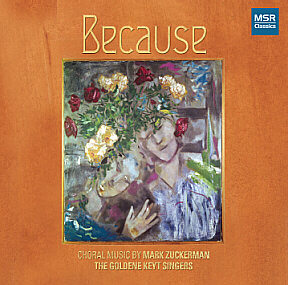 |
Because
 |
I'll bet you can't listen to it just
once. (Daily
Blague) |
 |
Choral settings which are often beautiful in their fusion of
traditional Jewish idioms and a distinctively modern compositional
sophistication ... Intriguing music of deceptive simplicity ... Subtle,
persuasive and
― quite simply ―
beautiful ... This is a striking collection of choral miniatures. (Glyn
Pursglove,
MusicWeb)
|
 |
Serious, well-made pieces. (Alan
Swanson, Fanfare)
|
 |
Jazzy shimmering ...
used ... eloquently. (Allan
Kozinn, New York Times, on the performance of Two Browning Settings
by Harold Rosenbaum at the 2008 ACA Festival, NYC)
|
 |
Proverbs for Four at Fifty, settings of brief Hebrew
biblical texts by Mark Zuckerman, was the most unified in sound of all the
offerings: firm and hearty, alternating broad rich harmonies with canonical
entrances and stark monophony. (David
Bratman, San Francisco Classical Voice, on the 11/15/09
performance by Volti San Francisco in Palo Alto, CA)
|
|
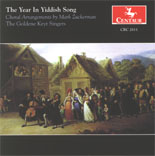 |
The Year
in Yiddish Song
 |
Chanukah
comes
early this year for choral Yiddish music lovers.
Thank Mark Zuckerman and the Goldene Keyt Singers for this miracle. The CD
is titled “The Year in Yiddish Song.” (Jewish Journal of Greater Los
Angeles)
|
 |
Zuckerman’s arrangements are so
good, they almost sing themselves. The vocal lines are lyrical, the texture
varied, and few are more effective word-painters than Zuckerman. (Transcontinental
Music) |
 |
The program here is wonderful stuff, all Zuckerman arrangements or even
originals ... Zuckerman plays with the tune, and brilliantly. In addition to
the pure melody and lyric, there's always something musically interesting
going on to hook you. (Steve Schwartz, ClassicalNet CD Review)
|
 |
His vocal writing more than justifies the critics' praise of
his "lyrical" style and skillful word-painting. (Steven Young, ACDA
Choral Journal) |
|
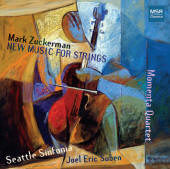 |
 |
Zuckerman's works are ... highly accessible;
coupled with the detailed program notes, listeners are carefully
guided through some very enjoyable musical metaphors. The Elegy
for Victims of Terrorism, heard on this CD in both its string
quartet and string orchestra version, is quite moving and makes
the album worthwhile on its own. (Mike
D. Brownell, allmusic) |
 |
Zuckerman's outstanding talent, apart from his
craft, is his original and incisive sense of melody. He comes up
time and time again with memorable gestures and ideas which can
carry a listener through a long, complex piece. (Steve Schwartz, ClassicalNet CD Review) |
|

Pieces
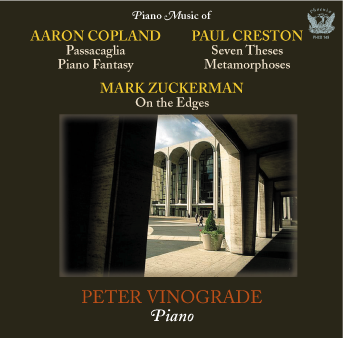 |
On the Edges
 |
A vehement and
indeed edgy toccata expanded by extensive cadenza-like improvisations and
fugal interludes… A recalcitrant unity is stretched but never broken, and
Zuckerman’s jouncy main idea is so insistent that all through its clever
transformations it somehow remains faintly on the edge of recognition—a
notion that both Copland and Creston would surely have approved of. (Mark
Lehman,
American Record Guide)
|
 |
On the Edges ... applie[s] an
almost ragtime sensibility to Bachian themes and suggest[s]
an other-worldly common ground between those distant
influences. (Allan
Kozinn, New York Times, on Peter Vinograde's
performance at the 2010 ACA Summer Music Festival, NYC) |
 |
A brilliant
filtering of … traditional themes and motifs through modernist
devices ... Want List material. (Peter
J. Rabinowitz,
Fanfare)
|
 |
On
the Edges has ... stony
clarity ... crossed with some Nancarrow-like motoric character. Bachian
dignity sparks dancing swords with serialism ... demands attention.
(Rob Barnett,
MusicWeb)
|
 |
On
the Edges…[has] strong,
exciting rhythm ... Most of all, it impresses as a whole.
(Steve Schwartz,
ClassicalNet)
|
 |
An attractive work that explores a variety of moods; it deserves success. (John
France, MusicWeb)
|
 |
Zuckerman
has come up with a fresh approach to neo-Classicism that resembles no other
music I know. (Walter
Simmons,
Fanfare)
|
|
 |
Shpatsír
 |
Interesting, challenging passages
for all sections of the orchestra. This is good program material. (The
Instrumentalist)
|
Shir
Kinah/String
Quartet 2nd Movement
|
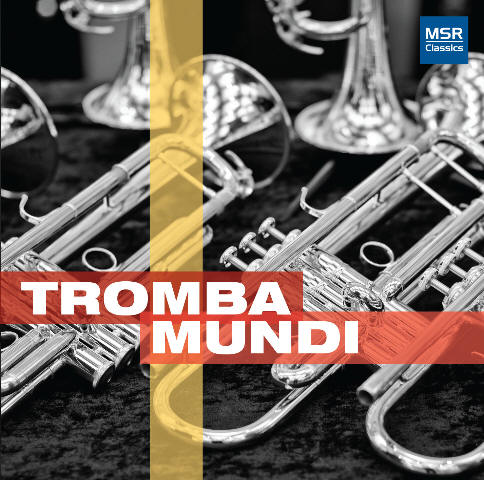 |
Recollections
 |
The
haunting Recollections by Mark Zuckerman ... uses
limited material to maximum effect. (Colin Clarke,
Fanfare) |
 |
[In]
Zuckerman’s haunting Recollections ... layered, muted
canonical entrances give the feeling of persistent memories.
(Patrick Valentino, Classical Voice of New England) |
|
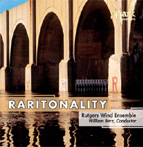 |
 |
[An] engaging salute to Rutgers University ... superb recording. (Ira
Novoselsky, Band World)
|
|
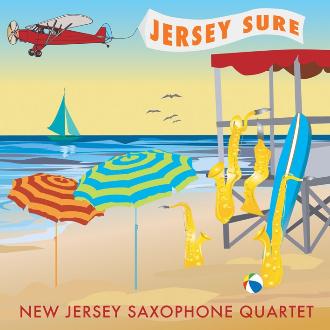 |
|
|



